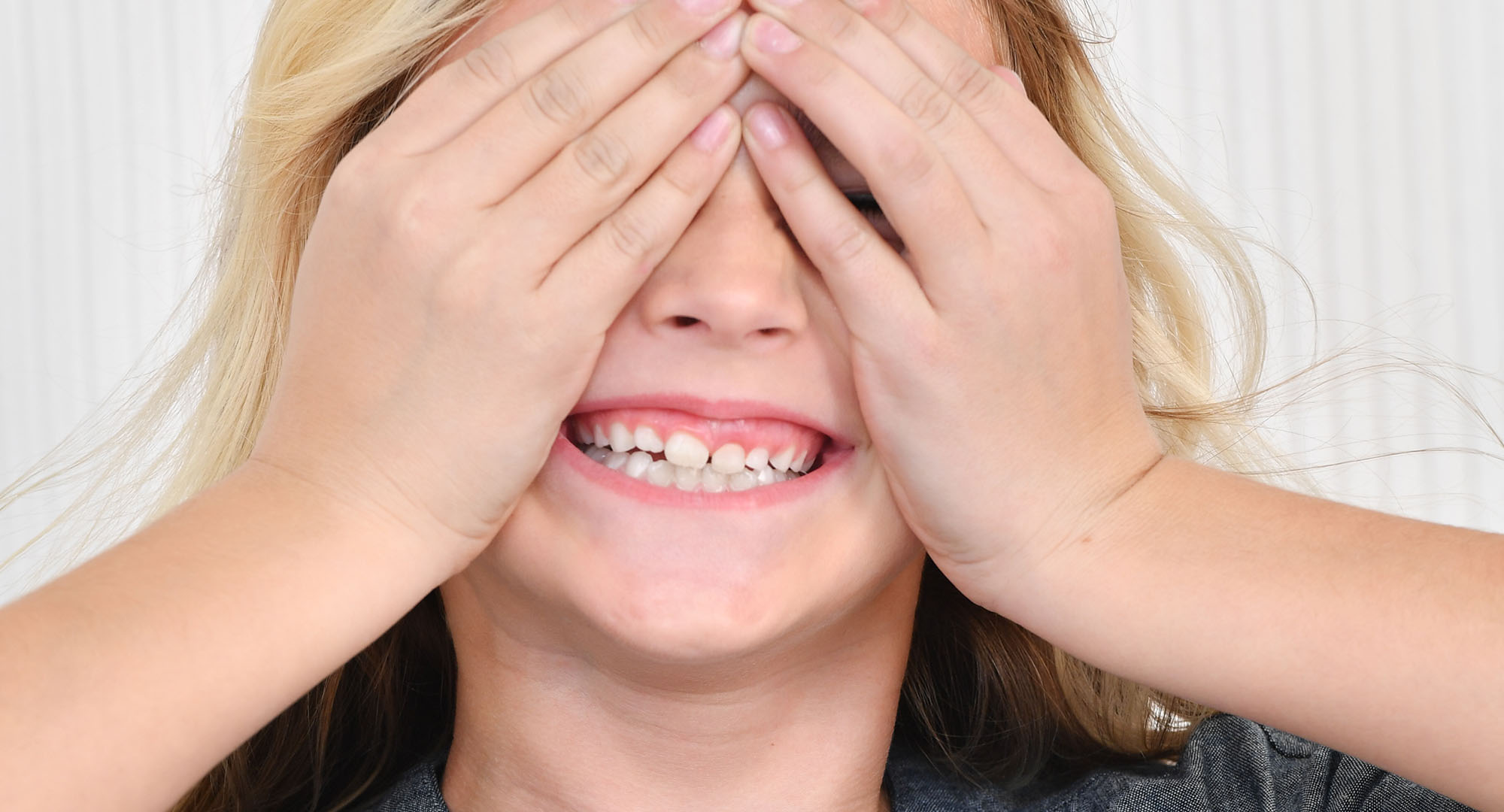Teeth Grinding in Children

Every parent wants their children to be healthy and happy in all aspects of life. This includes dental care. Parents may be surprised and even alarmed when they notice that their child seems to be grinding their teeth a lot. What could that mean? What can you do? Luckily, this is a rather common problem. A trip to the dentist will certainly help to ease your mind.
Until then, here is some information on the grinding of teeth in children that may answer some of your immediate questions.
Grinding of the teeth (or <bruxism) is when a child rubs their teeth together in an unnatural way. It usually occurs while the child is sleeping.
A surprisingly large amount of children grind their teeth. In fact, 20 or 30% of children grind their teeth. The most common times for this to occur are when the baby teeth are coming in and when the adult teeth are coming in. Out of the children that grind their teeth, about 1/3 will continue to have a problem in adulthood.
Have you heard or seen your child grind their teeth while sleeping? Do they rub their jaw in pain when they wake up or while chewing? These are all signs that your child is grinding their teeth. Do your best to discover the frequency that this happens yourself by monitoring them and ask your child if they have noticed that they do it.
There are a variety of possible reasons why children might have bruxism. While it may be difficult to pinpoint in some cases, there are some popular culprits:
Whatever the reason, it can be harmful for a child’s dental health and overall health, and steps should be taken to correct the problem if possible.
Baby teeth have thinner enamel than adult teeth. That means that when children grind their teeth, the damage happens more quickly and is more noticeable. While most damage will only affect their baby teeth, in some cases, it can be more serious.
The grinding can cause a breakdown of the tooth enamel, as mentioned. The reduced enamel can cause increased sensitivity and pain. It could even possibly chip teeth, causing them to be misshapen and unattractive. Finally, it could cause mouth and jaw problems, even resulting in temporomandibular joint disease (TMJ).
Another unusual problem that professionals have noticed is that children who grind their teeth tend to be more withdrawn from other children.
In some cases, the problem fixes itself with time and the development of the adult teeth. However, you can’t assume that this will be the case for your child.
The first step is to take your child to the dentist. The dentist can check for any causes with direct solutions. Ultimately, a pediatric dentist will probably advise you to wait until the child’s adult teeth come in to come up with a solution.
Many people think that they should get a mouth guard to prevent damage, but a child’s teeth are malleable until about 14 years old. Once the adult teeth are in, if the child is still grinding their teeth, they may require braces, a mouth guard, surgery, or a variety of other solutions, depending on the cause of the problem.
Unfortunately, teeth grinding in children is a problem that can’t really be prevented, especially when it’s a result of developing teeth. Enforce strict dental hygiene to prevent additional issues and go to regular dental check-ups. Furthermore, if your child does get a lot of caffeine from soda or candy, limit the amount of caffeine that they consume. Beyond that, you can’t determine how your child’s teeth will grow in and how it will affect them.
As a parent, it can be difficult to watch your child go through a medical problem that you can’t immediately resolve. Keep in mind that bruxism is usually temporary. The best thing you can do is encourage good brushing and flossing habits. After the adult teeth come in, you can move forward if there is still a problem.
